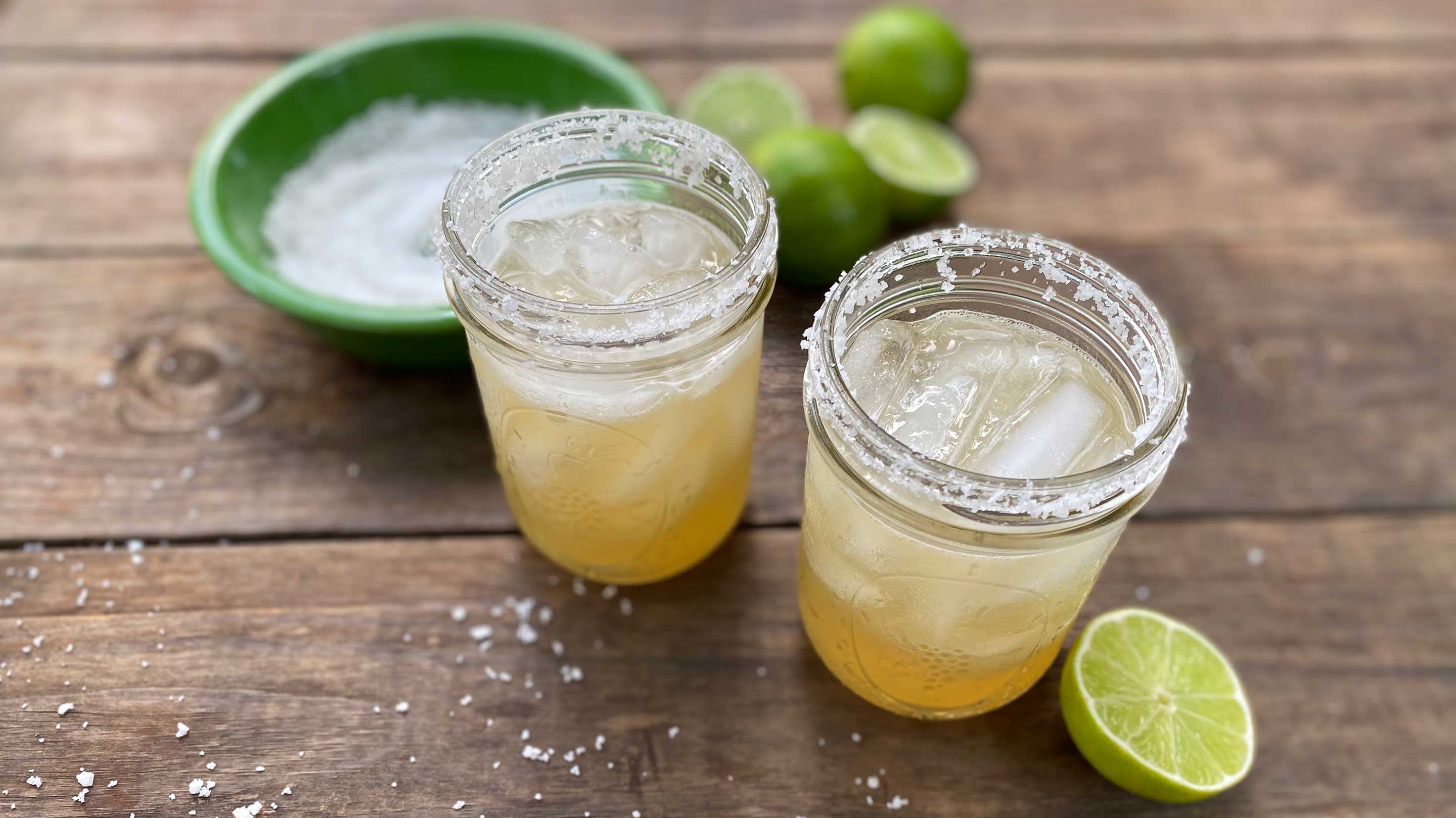How Magnesium Can Help with Anxiety
Most people have experienced anxiety at some point in their life. It’s a normal and natural response to stress and can sometimes be beneficial in helping alert us to dangers, when our bodies and minds ask us to pay more attention to our surroundings and environment. But excessive fear or anxiety can be detrimental to our mental state, especially when anxiety becomes more and more prevalent in modern daily life. Anxiety is also frequently connected to sleeping problems, since excessive worry can make it harder to fall asleep and stay asleep throughout the night.
For the first time, medical experts have recommended that doctors screen all adult patients under 65 for anxiety, guidance that highlights the extraordinary stress levels the general population continues to go through. Doctors say that anxiety has become a crisis in the country, and this recommendation was made in an effort to help prevent anxiety disorders from going undetected and untreated
Coping with anxiety is difficult, especially when many of us don’t have the resources to understand or address our feelings of anxiousness. Having a proper intake of magnesium through supplements and magnesium-rich foods is one way to ease the harm of our daily stressors and anxieties. Magnesium helps regulate the release of stress hormones, like cortisol, and instead, binds to calming receptors in our brain. By blocking the activity of more stimulating neurotransmitters, magnesium can act like the brake on our body’s nervous system.
Magnesium Deficiency
Increasing evidence has shown that in the past decade, magnesium deficiency has correlated with increased susceptibility to stress disorders, and conversely, these stress disorders can lead to magnesium depletion. It’s a vicious cycle that inhibits our ability to manage our stress and anxiety. Although severe magnesium deficiency is rare, chronic latent deficiency appears to be more common among the general population and is even more common among those suffering from chronic stress.
What is Magnesium and why don’t we have enough of it?
Magnesium is a vital nutrient that is involved in hundreds of chemical reactions in your body. Magnesium helps you maintain good health, but is a mineral that is often deficient in modern diets.
Since modern soil is overused and depleted of minerals such as magnesium and magnesium is removed from our drinking water during routine municipal treatment, the intake of magnesium has gone down significantly in comparison to our ancestors. This has caused a widespread depletion of magnesium in the modern diet, which is why it’s important to find other sources of magnesium to offset the deficiency prevalent in our diets.
Magnesium and Neurological Health Diseases
Studies have shown that magnesium plays a role in regulating your brain’s neurotransmitters, which are imperative to helping improve our brain function. In this study, research shows that there is strong data for the role of magnesium in migraine and depression. From a neurological standpoint, magnesium plays an essential role in nerve transmission and neuromuscular conduction. It also functions in a protective role against neurological cell death and has been implicated in multiple neurological disorders. There is also good potential for magnesium to be having an effect in anxiety and depression. Although the authors note further studies, the current research is very promising.
Magnesium and General Anxiety
In a 2017 systematic review, it was found that amongst 18 different studies, the subjects magnesium intervention helped to reduce their anxiety, specifically from mild anxiety, anxiety during premenstrual syndrome, postpartum anxiety, and generalized anxiety. Low amounts of magnesium can create a buildup of lactic acid, which causes muscle tightness. Having a healthy amount of magnesium aids with your body’s ability to relax its muscles, relieving it of muscle pains and cramps. Since the results were based on self-reports, the studies were positive but subjective and the review stated that further, controlled trials are needed to confirm this finding.
Getting Magnesium from Foods
For many cases, studies researching the efficacy of magnesium are providing high values of magnesium to their subjects. This means that the easiest way to achieve these high values in our personal lives is using supplements to get a high enough dose to effectively impact our anxiety symptoms.
Magnesium that is dissolved in liquids are more completely absorbed into our bodies, while other rates of absorption through foods or supplementation pills can sometimes be as low as having only a 20% absorption rate.
Processed foods also play a big part in decreasing our magnesium and lowering our absorption rates. Foods that have refined sugars, fats, and grains as one or more of the major ingredients cause it to become a low-magnesium, high-caloric food. Magnesium is unable to be absorbed efficiently in our bodies due to the starchy fats that slow its absorption rate.
It’s important to move away from processed foods and add magnesium-rich foods to our diets instead. Some natural foods that contain a solid source of magnesium include:
- pumpkin seeds
- chia seeds
- spinach
- peanuts
- soymilk
- black beans
- edamame
- peanut butter
- yogurt
- oatmeal
- avocado
- apples
- chicken breast
- raisin
- halibut
- salmon
Additional Benefits
Magnesium is a very important mineral that has many other health benefits beyond potentially helping with anxiety symptoms. Some other health benefits include:
- Helping with sleep
- Reducing migraine symptoms
- Improving mood
- Lowering blood pressure
As with any new mineral introduction to our diets, consult with your physician first before taking any supplements.
Sea Salts of Hawaii’s Magnesium Mineral Drops
Our magnesium mineral drops are a perfect and easy way to add more magnesium into your diet. With our Pure Hawaii Mineral Drops, your drinking water can be minerally-enhanced with magnesium, chloride, potassium, and trace amounts of calcium, iron, copper, zinc, and manganese. All you have to do is add 1 drop per 1 oz. of drinking water. For example, if you have a 24 oz water bottle, you’ll add 24 drops into your bottle. Simple, nutritious, and it tastes great!
Made and harvested on our own site at the Hawaii Ocean Science & Technology Park, our magnesium is drawn from the magnesium rich 900 year old Thermohaline Circulation, which sits 2,200 feet below the surface of the Kona Sea. Come visit our farm and witness the natural beauty for yourself!




